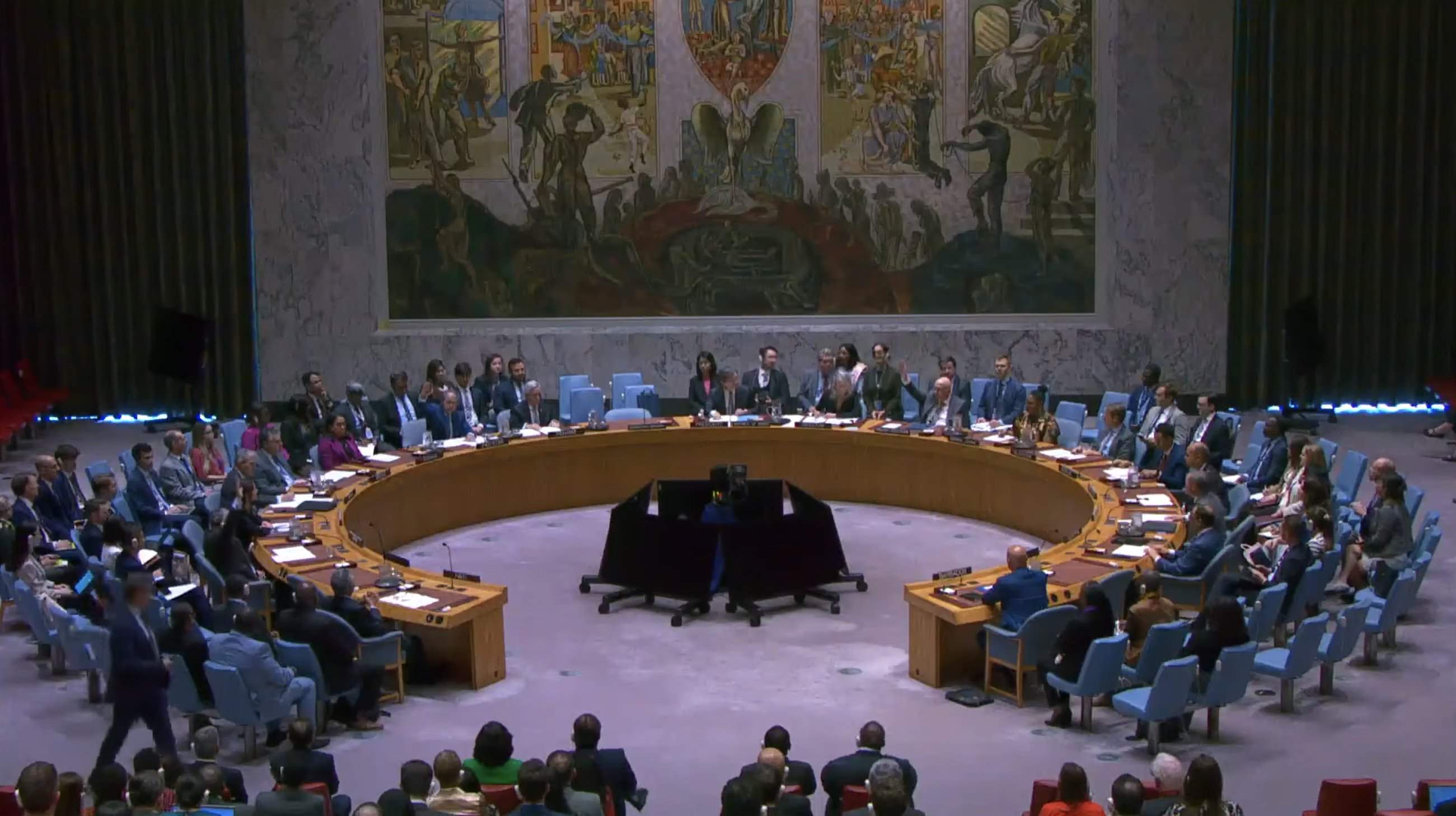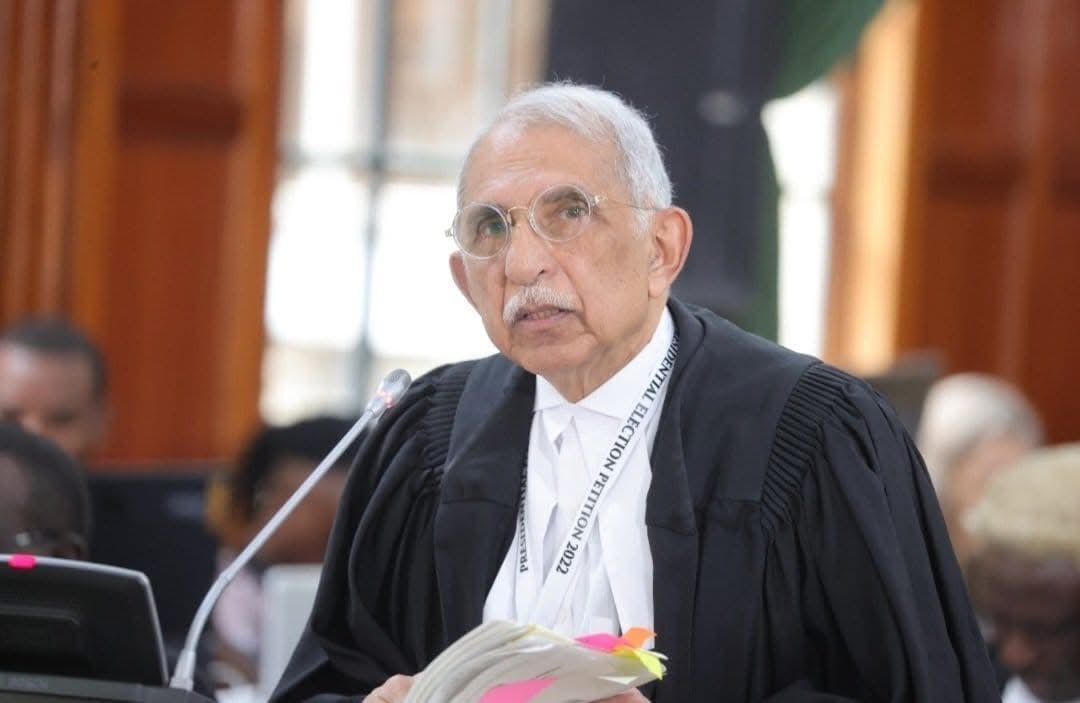EACC says Sh2.9 billion in corrupt assets recovered after high-impact investigations

One of the most pressing concerns raised by the EACC is the inadequacy of the legal and institutional framework for implementing Chapter Six of the Constitution.
The Ethics and Anti-Corruption Commission (EACC) reported major progress in the 2023-2024 financial year, recovering Sh2.9 billion in corrupt assets and filing civil suits worth Sh9.2 billion.
The commission also completed 126 investigations into corruption, economic crimes, and unethical conduct, forwarding recommendations for prosecution to the Director of Public Prosecutions (DPP).
More To Read
- Kenya’s constitutional gains at risk without ethical leadership and integrity - CJ Koome
- Kenya saves Sh16.5 billion as EACC strengthens anti-corruption measures
- 152 officers fail integrity tests as EACC flags widespread ethical breaches
- EACC intensifies war on corruption, recovers Sh3.4 billion in assets
- EACC seeks access to mobile money data, more powers to fast–track graft cases under new bill
- EACC report exposes billions lost to corruption in state agencies, counties
Speaking during the launch of the commission's Annual Report on Tuesday, EACC CEO Abdi Mohamud noted that the commission's efforts to fight corruption have been shaped by its focus on high-impact investigations, asset recovery, and corruption prevention strategies.
"We are committed to confronting corruption head-on, but we need the public's support to realise our mandate," Abdi said.
He added that the commission's work in FY 2023-2024 had already led to impressive results, including averted losses of up to Sh2.9 billion through proactive investigations.
The report, which is mandatory under the Ethics and Anti-Corruption Commission Act, 2011, and the Leadership and Integrity Act, 2012, provides a comprehensive overview of the commission's activities during the financial year.
This includes key milestones such as the finalisation of 56 investigation files related to violations of Chapter Six of the Constitution and the Leadership and Integrity Act. EACC also took proactive steps to ensure compliance by issuing 712 compliance advisories, 20 cautions, and 12 notices to public institutions and individuals.
Another major achievement during the reporting period was the commission's continued efforts to curb corruption networks.
Through thorough and proactive investigations, the EACC was able to disrupt illegal transactions, preventing the loss of public funds estimated at Sh2.9 billion.
The commission is also actively pursuing over 400 cases for asset forfeiture, collectively valued at around Sh49.5 billion, as it continues to target corrupt individuals and their illicit wealth.
Challenges
Despite these successes, the commission faces several challenges.
Abdi pointed out that the legal and policy framework for enforcing Chapter Six of the Constitution remains weak, hindering the full implementation of anti-corruption measures.
He also noted the lack of commitment to accountability in some ministries, departments, agencies, and county governments (MDACs), where recommended corruption prevention measures have not been fully implemented.
"These challenges are ongoing, but they do not dampen our resolve," Abdi said.
The commission's ongoing efforts to hold public officers accountable have been strengthened by recent changes in policies, such as the increased limits for daily mobile money transactions, which have provided the Commission with more tools to track illicit financial activities.
The commission highlighted issues related to weak legal frameworks, technological advancements exploited by criminals, and a lack of resources as key obstacles in the ongoing fight against corruption.
One of the most pressing concerns raised by the EACC is the inadequacy of the legal and institutional framework for implementing Chapter Six of the Constitution. This section mandates that public office holders must demonstrate the highest levels of integrity.
However, the commission points out that the current laws provide insufficient barriers to prevent individuals with questionable ethical backgrounds from holding public office.
"The current legal threshold is too lenient, allowing those with integrity issues to occupy public office," reads the report.
Moreover, the penalties and offences under the Leadership and Integrity Act do not comprehensively address all ethical violations, leaving some corrupt practices unpunished.
The EACC has called for urgent legal reforms, including stiffer penalties and additional provisions to prevent individuals with integrity issues from holding public office.
The EACC also raised concerns over the weak framework for managing declarations of income, assets and liabilities, which are a key tool for ensuring accountability.
Assets declarations
While public officers are required to declare their assets, the current legal provisions do not adequately address the verification of these declarations, especially when assets are held abroad.
"There is a need for stronger verification processes and for amendments to the Public Officers Ethics Act to cover new public offices created at both the national and county levels," the commission stated.
Technological advancements are another challenge facing the EACC. Corruption perpetrators are increasingly using modern technology to further their criminal activities, making it harder for the Commission to track and prevent illicit financial transactions.
"Emerging technologies are evolving faster than our ability to address them," the report says.
In addition to these legal and technological barriers, the commission faces challenges in obtaining evidence for investigations.
Key documents are often destroyed or falsified, and evidence is difficult to obtain from foreign jurisdictions.
There are also issues with witness intimidation, which further hampers the investigation process.
The EACC has called attention to a lack of resources, which limits its ability to effectively carry out its mandate.
Insufficient funding
The commission struggles with insufficient funding, a shortage of specialised staff, inadequate office space, and outdated technological resources.
"We cannot fully execute our mandate without adequate resources," reads the report.
Despite these hurdles, the EACC remains resolute in its mission to combat corruption, with its sights set on recovering even more illicitly acquired assets and holding corrupt individuals accountable.
The EACC CEO appreciated the media's role in promoting good governance.
"We appreciate the media for honouring our invitation to launch this important report, which provides an overview of our progress and challenges in ensuring transparency," he said.
Top Stories Today














































